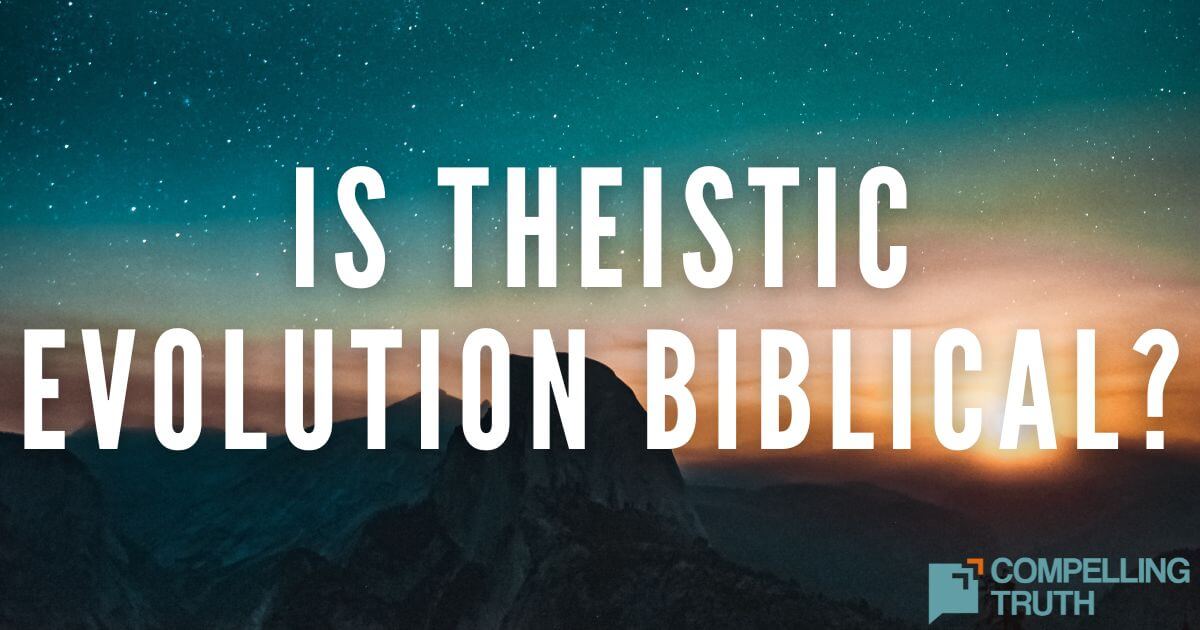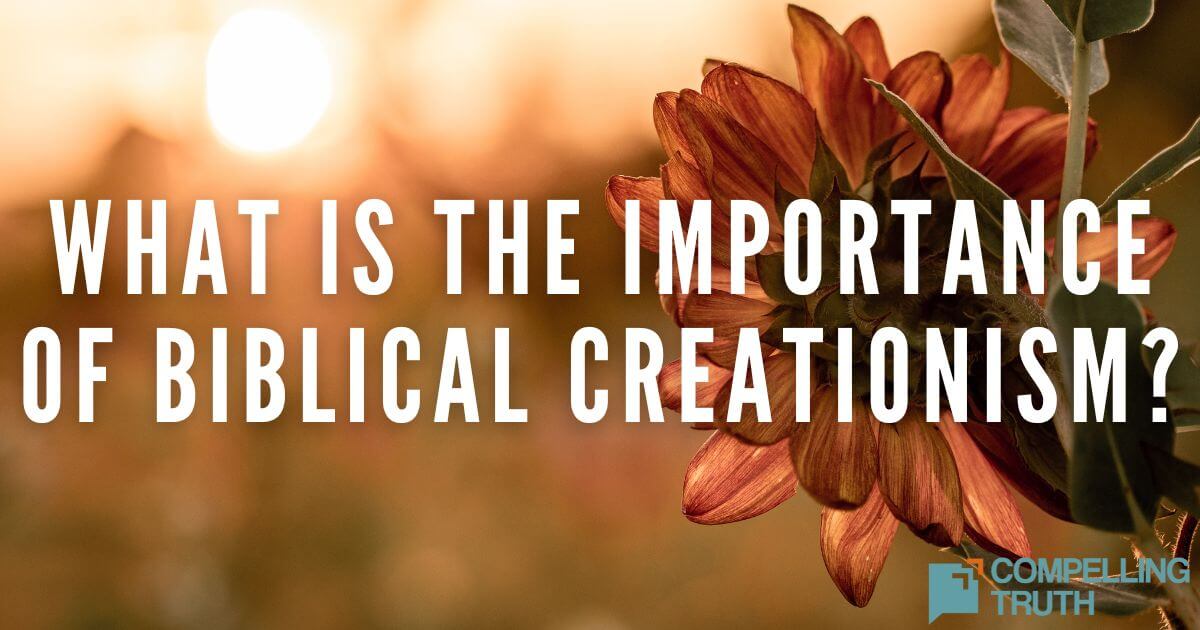The Bible tells us that nature demonstrates evidence of the Creator (Psalm 19:1; Romans 1:20). We can perceive purposeful design choices when we observe the world, such as watching how bees construct and use honeycomb. Christians believe in (lower-case) intelligent design because we believe in a provident God who has a plan for this world He has created. The scientific theory of Intelligent Design (ID) holds that certain features of the universe and of living things are best explained by an intelligent cause, not undirected processes. ID theorists argue that design can be inferred by studying the informational properties of natural objects. This can determine if they bear the type of information which experience proves only comes from intelligent causes. ID theory is not the same as creationism. Although ID does not take any religious position, a recent ID book (Return of the God Hypothesis: Three Scientific Discoveries That Reveal the Mind Behind the Universe, by Stephen C. Meyer, 2021) provides scientific evidence that the intelligent designer of the universe is the theistic God of the Bible.
Intelligent Design (ID) theory is a compelling scientific approach demonstrating that life and the universe were purposefully designed. Regarding the design of life, ID provides three primary arguments:
Irreducible Complexity: Organisms are comprised of complex, interdependent parts that rely on each other in order to be useful. These parts would not function without one another, making them impossible to evolve over time. For example, bacteria flagella (propellers) are highly complicated with no simpler form.
Specified Complexity: Something that is both complex and has a specific purpose. For example, the process of turning DNA into protein is both complex (transcription and translation) and specific (support an organ). DNA shares characteristics with language and coding, both of which require purpose and intelligence.
Anthropic Principle: The idea that the fundamental physical constants and properties of our universe are fine-tuned for the existence of life on earth. Examples include the strength of gravity, the speed of light, and favorable planetary conditions including an atmosphere and water. Were any of these changed in the tiniest form, intelligent life in this universe would be impossible.
ID says that intelligent causes are necessary to explain the complex, information-rich structures of biology, so such causes are empirically detectable. ID presents serious scientific challenges to atheistic versions of biology. ID theorists believe that irreducibly complex biomachinery in cells and the complex specified information within DNA code inescapably point to an Intelligent Designer. Many—but not all—believe this Designer is the God of the Bible.
Regarding the design of the physical universe, ID accepts the astronomical evidence that the universe had a beginning. This observational evidence includes the expansion of the universe according to Hubble's law (as indicated by the redshifts of galaxies), discovery and measurement of the cosmic microwave background and the different appearance of distant (early) galaxies. If the universe had a beginning, then it must have a cause, and Meyer's book (above) establishes the cause as the theistic God of the Bible.




